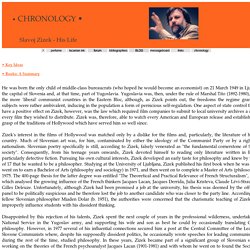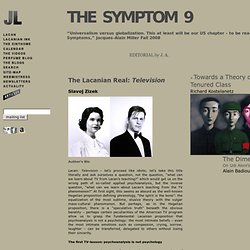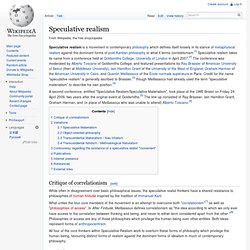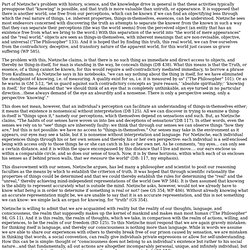

Slavoj Zizek: Philosophy - Key Ideas. • Key Ideas • Books: A Summary He was born the only child of middle-class bureaucrats (who hoped he would become an economist) on 21 March 1949 in Ljubljana, the capital of Slovenia and, at that time, part of Yugoslavia.

Yugoslavia was, then, under the rule of Marshal Tito (1892-1980), one of the more 'liberal' communist countries in the Eastern Bloc, although, as Zizek points out, the freedoms the regime granted its subjects were rather ambivalent, inducing in the population a form of pernicious self-regulation. One aspect of state control that did have a positive effect on Zizek, however, was the law which required film companies to submit to local university archives a copy of every film they wished to distribute.
Zizek was, therefore, able to watch every American and European release and establish a firm grasp of the traditions of Hollywood which have served him so well since. . At all stages in Zizek's life, then, we can detect the insistence of a theme. Slavoj Zizek's Bibliography. RSA Animate - First as Tragedy, Then as Farce. SLAVOJ ZIZEK,God Without the Sacred: The Book of Job, The First Critique of Ideology. The three religions of the Book each help us to differentiate the divine from the sacred.

This liberating concept culminates in Paul's claim, from Ephesians, that "our struggle is not against flesh and blood, but against leaders, against authorities, against the world rulers of this darkness, against the spiritual wickedness in the heavens. " Can religious fundamentalism be overcome only with the help of an emancipatory political theology? Philosopher Slavoj Zizek debates this and other incendiary questions on the LIVE stage. This event is sponsored by the Carnegie Corporation of New York. The symptom 9 » The Lacanian Real: Television Slavoj Zizek. But in a series of Hitchcock’s films, we find another type of object which is decidedly not indifferent, not pure absence.

What matters here is precisely its presence, the material presence of a fragment of reality. It’s a left-over, a remnant which cannot be reduced to a network of formal relations proper to the symbolic structure, but which is, paradoxically, at the same time the positive condition for the effectuation of the formal structure. This object can be defined as an object of exchange circulating between subjects, serving as a kind of guarantee, a pawn in their symbolic relationship. Speculative realism. Speculative realism is a movement in contemporary philosophy which defines itself loosely in its stance of metaphysical realism against the dominant forms of post-Kantian philosophy or what it terms correlationism.[1] Speculative realism takes its name from a conference held at Goldsmiths College, University of London in April 2007.[2] The conference was moderated by Alberto Toscano of Goldsmiths College, and featured presentations by Ray Brassier of American University of Beirut (then at Middlesex University), Iain Hamilton Grant of the University of the West of England, Graham Harman of the American University in Cairo, and Quentin Meillassoux of the École normale supérieure in Paris.

Credit for the name "speculative realism" is generally ascribed to Brassier,[3] though Meillassoux had already used the term "speculative materialism" to describe his own position.[4] Critique of correlationism[edit] Variations[edit] Speculative Materialism[edit] Object-oriented philosophy[edit] Everything Postmodern: postmodern thinkers. Part of Nietzsche?s problem with history, science, and the knowledge drive in general is that these activities typically presuppose that "knowing" is possible, and that truth is more valuable than untruth, or appearance. Part of Nietzsche’s problem with history, science, and the knowledge drive in general is that these activities typically presuppose that "knowing" is possible, and that truth is more valuable than untruth, or appearance.

It is supposed that there is another world, one free from our perceptions, which can be known if we can find an objectifying lens through which the real nature of things, i.e. inherent properties, things-in-themselves, essences, can be understood. Nietzsche sees most endeavors concerned with discovering the truth as attempts to separate the knower from the known in such a way that they can separate their perceptions (the way the world seems) from the perceived object (an entity that has an existence free from what we bring to the word.) Slavoj Zizek in Examined Life. eTexts-hegel.net.